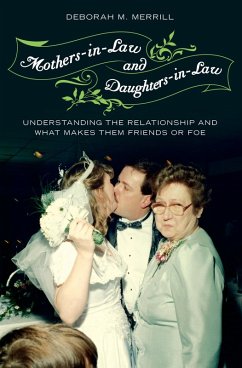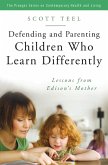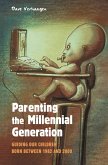We all know - have perhaps told a few - stories about mothers-in-law and daughters-in-law. It seems the stories are nearly always about relationships filled with conflict and abrasive words or actions. But why is this relationship so difficult? And is it always as bad as popular belief would have us think? Deborah Merrill, a woman's advocate and Sociology professor at one of our nation's top universities, has been studying the relationship for nearly a decade and, in this book, explains where the difficulty is rooted, how friendly pairs have made it past problems that surface between a man's mother and his wife, and how they became friends. Dozens of interviews with pairs of women made in-laws by marriage illustrate Merrill's points, from harmful ideas and actions to helpful approaches. At its core, this book holds that marriage requires the creation of a new and separate family, which requires changes in roles, as well as a redefinition of relationships. Hence, family boundaries need to be made permeable to allow for integration of the daughter-in-law, and to allow the son to create his own separate and autonomous family. Family members need to be aware of, and prepare for, this, says Merrill. That, of course, may be easier said than done. But dozens of women who have become friends with their in-laws - some so much so that they drop the in-law and just call each other mother and daughter - explain how they got past the old, popular notions and social structure, to create goodwill and grow stronger families.
Bitte wählen Sie Ihr Anliegen aus.
Rechnungen
Retourenschein anfordern
Bestellstatus
Storno









